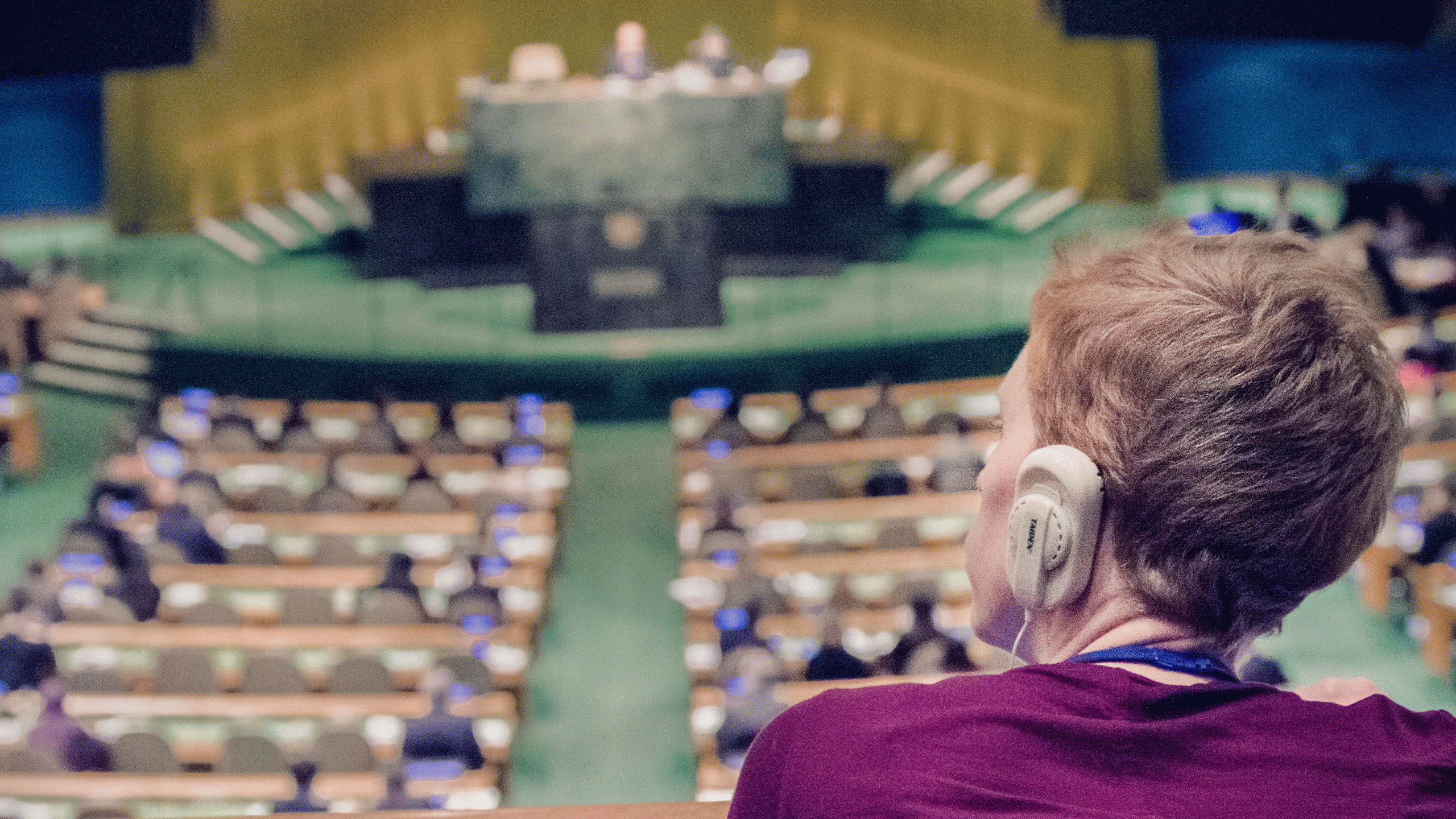
HRC elections | 15 States elected to the Human Rights Council
Results of the Human Rights Council elections emphasise the importance of holding competitive elections and the need for States to strongly consider candidates’ human rights records when voting.
The recent elections for membership of the Human Rights Council for the 2018-2020 term were fairly predictable. Of the five regional groups, only the Asia-Pacific group presented more candidates (5) than available seats (4).
The forthcoming members of the Human Rights Council will be:
- Asia Pacific Group: Nepal (166 votes), Qatar (155 votes), Pakistan (151 votes), and Afghanistan (130 votes). Malaysia lost the election, having received 129 votes.
- Latin America and Caribbean Group: Peru (180 votes), Mexico (179 votes), and Chile (175 votes).
- Western Europe and Others Group: Spain (180 votes) and Australia (176 votes).
- Eastern Europe Group: Slovakia (185 votes) and Ukraine (166 votes).
- African Group: Senegal (188 votes), Angola (187 votes), Nigeria (185 votes), and the Democratic Republic of the Congo (151 votes).
’A seat on the Human Rights Council should be earned through a record of promoting and protecting human rights and cooperating with relevant UN bodies. An election like this one, where candidates are appointed by default because there is no competition within regional groups, threatens the credibility of the Council as the premier UN human rights body, and ensures the membership of countries that may not be best-suited for a seat on the Council,’ said ISHR’s Legal Counsel Tess McEvoy.
The election of the Democratic Republic of the Congo
Having presented as many candidates as there were seats, the African Group – like three other groups – did not undergo a competitive election process. Therefore the membership of the Democratic Republic of the Congo was guaranteed, despite a major call by civil society not to vote for the State, including through a letter signed by 157 Congolese organisations.
‘We are incredibly concerned to see a State with a record of human rights violations, as well as a poor record of cooperation with UN mechanisms voted in to the Council. Their human rights history must be considered when voting new Council members,’ said McEvoy.
Burundi’s Council membership
These elections sing an all too familiar tune. The 2015 Human Rights Council elections resulted in the membership of Burundi for the 2016-2018 term. Recently, the Commission of Inquiry on Burundi found reasonable grounds to believe crimes against humanity have been committed, and recommended that the International Criminal Court begin an investigation into the situation.
As a member of the Council, Burundi has participated in less than 10% of panel discussions, interactive dialogues, and general debates.
In light of the report of the Commission of Inquiry, and Burundi’s lack of cooperation with UN mechanisms and special procedures, ISHR has called for the suspension of Burundi from the Human Rights Council through its #BurundiOut campaign. Follow the links to learn more about our Twitter campaign and the situation in Burundi.
Photo: ISHR
